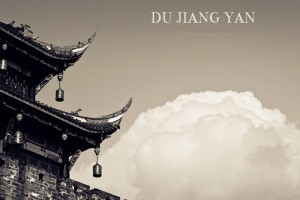Chengdu Tours Guide
Chengdu is the capital of “Heavenly State” (Tian Fu Zhi Guo), habitat of giant pandas and city of cotton-rose hibiscus.
Located in the west of Sichuan Basin and in the center of Chengdu Plain, Chengdu covers a total area of 12.3 thousand square kilometres (4,749 square miles) with a population of over 11 million.
The history of Chengdu can be traced back 2,400 when the first emperor built his capital here and named the city.Chengdu was the place where the bronze culture, an indispensable part of ancient Chinese culture, originated, the place where the Southern Silk Road started, and the place where the earliest paper currency, Jiaozi (not the dumpling!), was first printed. It is listed among the first 24 state-approved historical and cultural cities and owns 23 state and provincial cultural relic units.
The Dujiangyan Irrigation Project is long-established water conservation works. It is 56 kilometers (34.8miles) west of Chengdu at Dujiangyan city lying in the middle reach of Minjiang River, which is the longest tributary of Yangtze River.
Since ancient times the Minjiang River has surged downward from Mt. Minshan thrusting itself into the Chengdu Plain. When reaching the flatlands the rivers speed slowed down abruptly. Thus the watercourse filled up with silt making this area extremely vulnerable to flooding. The people living on the Chengdu Plain consequently suffered a great deal from frequent floods.The project effectively put the flooding waters under control.
For over two thousand years the whole system has functioned perfectly, serving not only as flood prevention but also as an immense source for irrigation as well as a means to facilitate shipping and wood drifting. It has contributed greatly to the richness of Chengdu Plain and helps it earn its reputation as “The Land of Abundance”.
